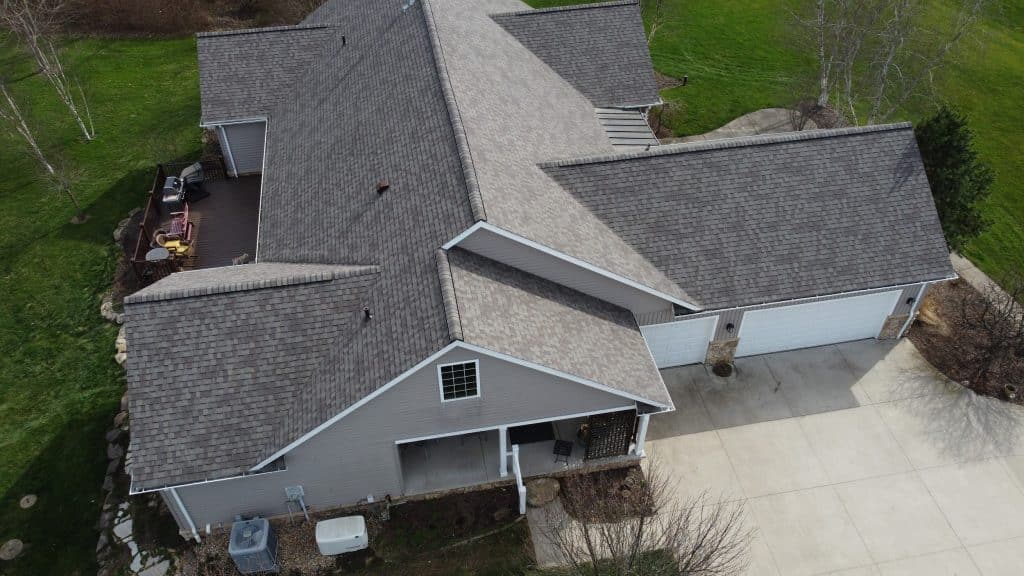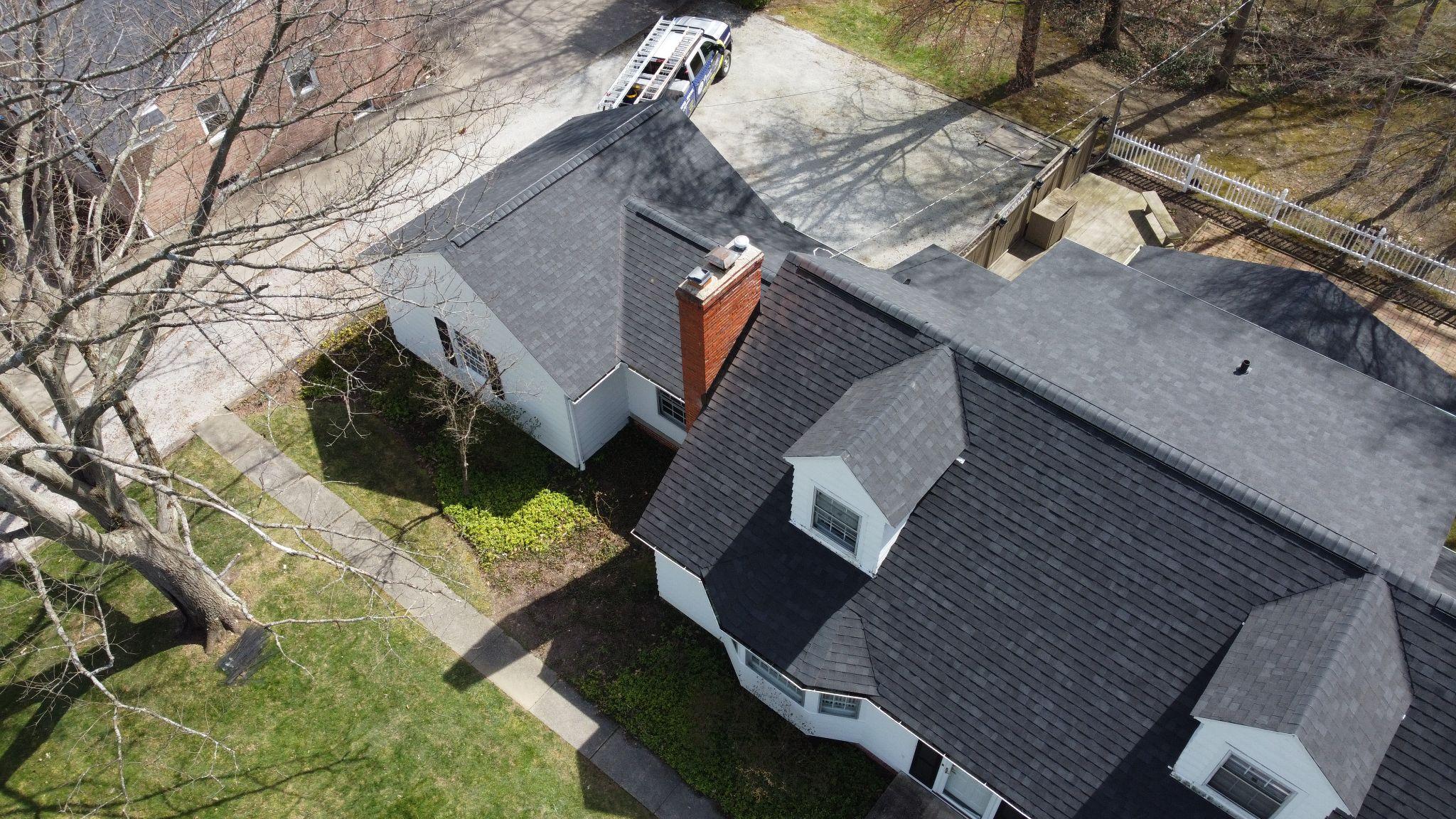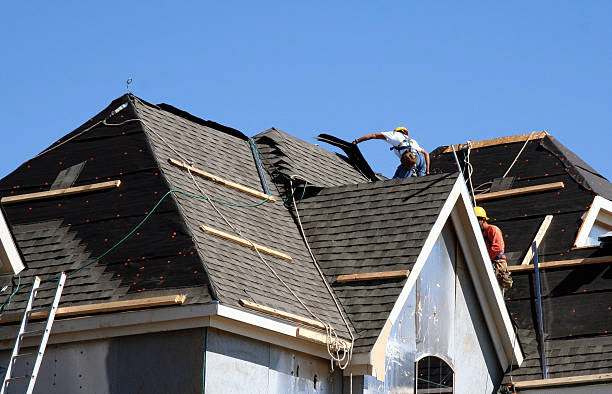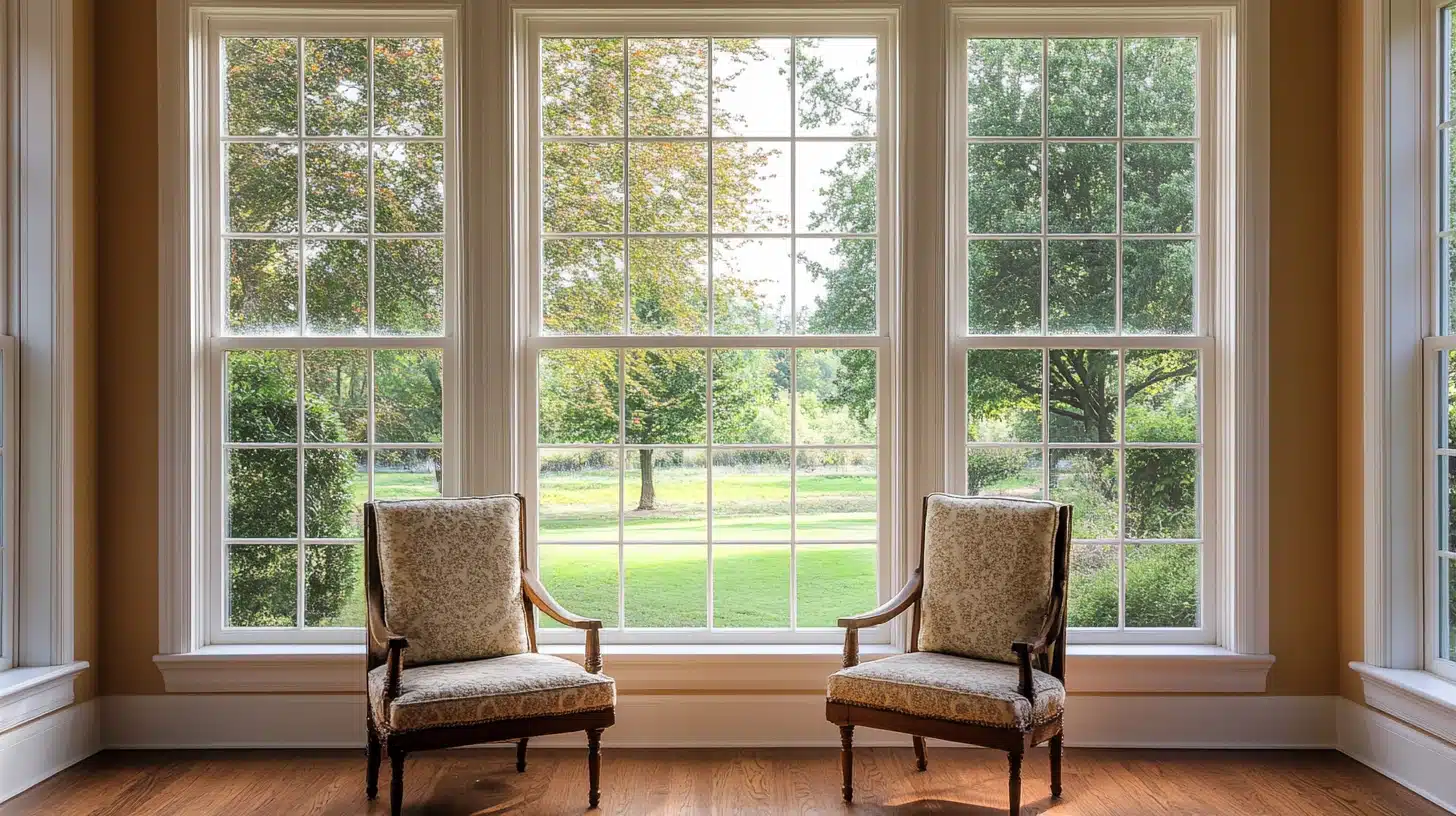Roofing Warranties Explained: What You’re Really Covered For
Your roof is a key part of keeping your home safe. A good roof warranty gives you peace of mind and protects your wallet. But what exactly does your roof warranty cover? Let’s look into roofing coverage and how it protects you.
Roof warranties come in various forms, each with its own benefits. It’s important to know about these warranties to make smart choices about your roof insurance. We’ll cover the different types of warranties and what they mean for homeowners like you.
We’ll talk about everything from manufacturer guarantees to contractor workmanship warranties. You’ll find out how to understand warranty terms and what affects your protection. This info will help you keep your roof in top shape and avoid unexpected costs.
Key Takeaways
- Roof warranties provide essential homeowner protection
- Different types of warranties offer varying levels of coverage
- Understanding warranty terms is crucial for maximizing benefits
- Proper maintenance can extend your roof’s life and warranty validity
- Some factors can void your warranty, so be aware of the conditions
Understanding the Basics of Roofing Warranties

Roofing warranties protect your investment and give you peace of mind. Let’s explore the key aspects of warranty basics. This will help you make informed decisions about your roof.
Types of Roofing Warranties
Roof warranty types vary in coverage and duration. Standard warranties often cover materials for a set period. Extended warranties offer longer protection. Lifetime warranties provide coverage for as long as you own your home. Each type has its own terms and conditions.
Importance of Warranty Coverage
Warranty coverage safeguards you against unexpected roofing issues. It can save you money on repairs and replacements. A good warranty adds value to your home and attracts potential buyers if you decide to sell. Understanding your coverage helps you maintain your roof properly.
Key Terms in Roofing Warranties
Familiarize yourself with common roofing terms to understand your warranty better:
- Prorated coverage: Decreasing protection over time
- Material defects: Issues with roofing materials
- Workmanship errors: Problems due to poor installation
- Transferability: Ability to pass warranty to new homeowners
Knowing these warranty basics empowers you to choose the right protection for your roof. Always read the fine print and ask questions about your warranty coverage. This ensures you’re getting the best deal for your home.
Manufacturer vs. Contractor Warranties: What’s the Difference?
When looking at roofing guarantees, you’ll find two main types: manufacturer warranties and contractor warranties. Knowing the difference helps you make smart choices for your roof’s protection.

A manufacturer warranty covers defects in the roofing materials. It often lasts up to 50 years for top-quality shingles. This warranty gives you peace of mind against factory defects that could make your roof fail early.
Contractor warranties, on the other hand, focus on the work of installing your roof. They cover issues from improper installation. These warranties are usually shorter, lasting 1-5 years, but they’re key to making sure your roof is installed right.
When comparing warranties, think about these points:
- Coverage duration
- What’s included and excluded
- Can you pass it on to new owners?
- What do you need to do to keep the warranty?
Some roofers, like Pence Bros in Akron, offer warranties that mix both manufacturer and contractor guarantees. This gives you more complete coverage for your roof.
Remember, a warranty’s strength depends on the company behind it. Pick a trusted contractor and quality materials for the best roof protection.
Roofing Warranties: Coverage and Limitations
Roofing warranties give you peace of mind. But it’s important to know what they cover and what they don’t.
Material Defects
Most warranties cover defects in roofing materials. This means if shingles crack or deteriorate too quickly, you might be covered. However, normal wear and tear is not considered a defect.
Workmanship Issues
Some warranties also cover workmanship problems. This means if your roof leaks because it was installed poorly, you could get repairs or a new roof. But not all warranties offer this protection, so always check yours.
Weather-Related Damage
Roof damage from weather events is covered differently by warranties. Basic warranties usually don’t cover storm damage. But extended warranties might protect against wind damage up to certain speeds. Hail damage might be covered, but there are limits.
Exclusions and Limitations
Warranties often have exclusions you should know about. These include:
- Damage from poor attic ventilation
- Issues caused by walking on the roof
- Problems from changes made to the roof after installation
- Damage from fallen trees or other impacts
Always read the fine print to know what your warranty doesn’t cover.
The Fine Print: Reading and Interpreting Your Warranty
It’s key to understand your roofing contract to protect your investment. When looking at warranty terms, focus on the coverage period and what’s covered. Make sure to check for details on material defects and workmanship issues.
Warranty interpretation can be tricky. To make sure you know your rights, keep these points in mind:
- Coverage limits and exclusions
- Maintenance requirements
- Transferability options
- Claim filing procedures
Be careful of vague or overly strict terms in your contract. If something is unclear, ask for an explanation. A good contractor will be happy to go over the warranty with you.
To protect your rights, keep all documents related to your roof and warranty. This includes the original contract, warranty certificate, and any letters from the contractor or manufacturer. Keeping up with roof inspections and maintenance is often needed to keep your warranty in effect.
Understanding your warranty terms helps you take care of your roof and handle any problems. This knowledge lets you make smart choices about your home’s protection.
Factors That Can Void Your Roofing Warranty
Your roofing warranty protects your investment. But, some actions can cancel this protection. It’s important to know these factors to keep your coverage.
Improper Installation
Proper installation is crucial for your roof’s performance and warranty. Using the wrong materials or hiring unskilled workers can cancel your warranty. Always pick certified pros who follow the manufacturer’s rules.
Lack of Maintenance
Regular roof care is key to keeping your warranty. Skipping inspections and repairs can lead to losing your warranty. Make a maintenance plan and follow it to keep your warranty good.
- Clear debris from gutters and roof surface
- Trim overhanging tree branches
- Check for loose or damaged shingles
Unauthorized Repairs or Modifications
DIY fixes or hiring unlicensed workers can cancel your warranty. Always talk to your roofing manufacturer or approved pros before any roof changes. This keeps your warranty valid and your roof in great shape.
Extending the Life of Your Roof and Warranty
Your roof is a big investment. Keeping it in good shape saves you money over time. Let’s look at some key ways to make your roof last longer and keep your warranty valid.
Regular Inspections and Maintenance
Keeping your roof maintained is key to its longevity. Make sure to have your roof checked twice a year. Look for any signs of damage, missing shingles, or water damage. Cleaning your gutters and removing debris helps prevent water from building up. These actions can greatly increase your roof’s lifespan.
Proper Ventilation and Insulation
Many people forget how important good attic ventilation is. It helps control temperature and moisture levels, stopping issues like ice dams and mold. Adding proper insulation makes your home more energy-efficient and helps your roof last longer.
Addressing Issues Promptly
Don’t ignore roof problems. Small leaks can become big issues fast. If you find any problems during your inspections, fix them right away. Quick repairs protect your home and keep your warranty in effect. Remember, not maintaining your roof can make your warranty invalid.
FAQ
What types of roofing warranties are available?
There are three main types of roofing warranties. Standard warranties cover material defects for a limited time. Extended warranties offer longer coverage. And lifetime warranties cover for as long as you own the home.
What’s the difference between a manufacturer and contractor warranty?
A manufacturer warranty covers material defects. A contractor warranty covers workmanship and installation issues. Reputable roofing and gutter contractors like Ohio Valley Roofing and Guttering, often provide their own warranties too.
What is typically covered under a roofing warranty?
Most roofing warranties cover material defects, workmanship issues, and weather-related damage. They don’t cover damage from improper maintenance, unauthorized repairs, or acts of nature like hail or falling trees.
How can I ensure my warranty remains valid?
Keep your roofing warranty valid by following maintenance and care guidelines. Avoid unauthorized repairs or modifications. And address any issues quickly. Proper installation by a qualified contractor is key too.
What factors can void a roofing warranty?
Factors that can void a roofing warranty include improper installation, lack of maintenance, unauthorized repairs, and not following warranty terms and conditions.
How can I extend the life of my roof and its warranty?
Regular inspections and maintenance help extend your roof’s life and warranty coverage. Proper attic ventilation and insulation are also important. Always follow the manufacturer’s and contractor’s guidelines.







